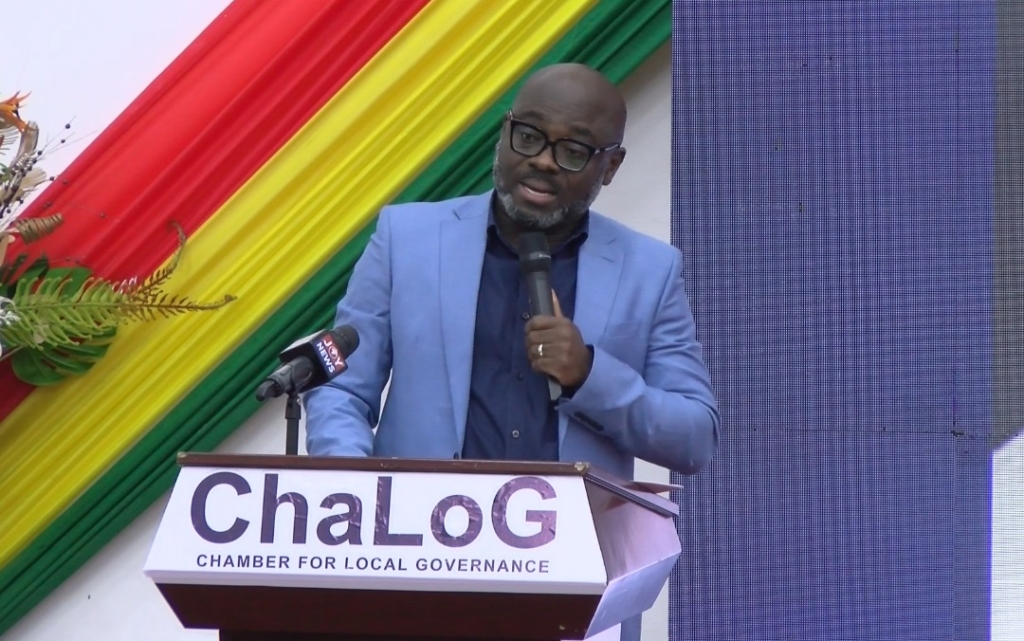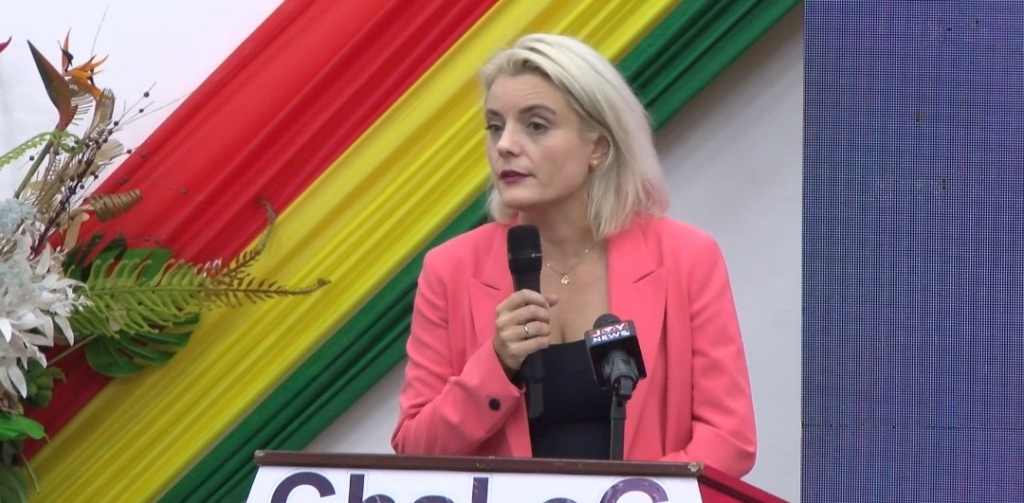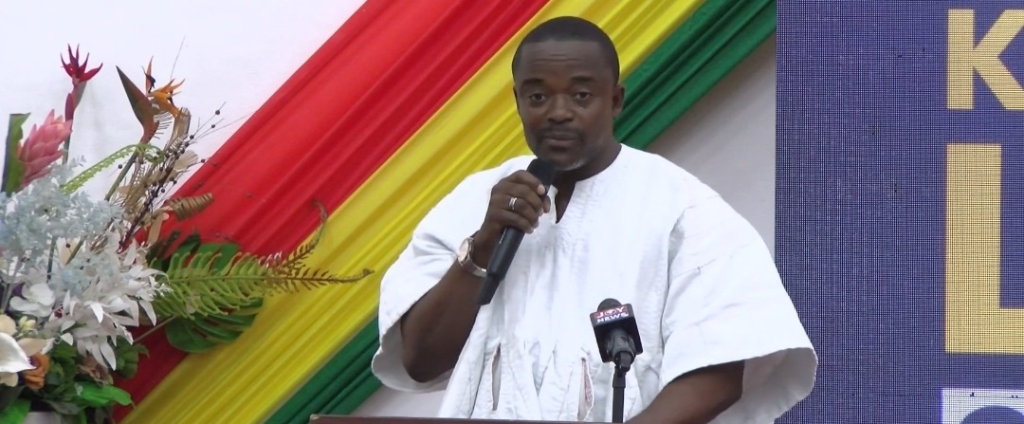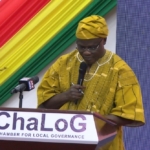
The government of Ghana has reaffirmed its commitment to deepening decentralisation and reforming local governance systems to ensure greater efficiency, accountability, and service delivery at the grassroots.
This commitment was highlighted at the Second Annual Professor Kwamena Ahwoi Lectures on Decentralisation, organised by the Chamber for Local Governance (ChaLoG) under the theme “Decentralisation and Sustainable Local Development: How Thus Far.”
The event brought together key figures in policy, academia, and development diplomacy to assess the progress and challenges of Ghana’s decentralisation journey.
Speaking at the event held on Friday, October 17, Minister for Local Government Ahmed Ibrahim stated that the government is actively pursuing reforms aimed at strengthening the capacities of local governments and district assemblies.
“Laws are being prepared to return key responsibilities such as sanitation and local development—currently managed by central ministries and development authorities—back to the MMDCEs,” he said.
He further disclosed that over 80 per cent of the District Assembly Common Fund (DACF) for the first and second quarters has been released to the MMDAs, with the third quarter expected soon.
“This shows our commitment to ensuring that local authorities have the resources they need to function effectively,” he added.
In line with the government’s renewed focus on accountability and transparency, Ibrahim noted that new initiatives such as public performance forums, “name and praise” and “name and shame” strategies will be introduced to promote responsible governance at the local level.
At the same event, Professor Lord Mensah, a governance and economics expert, emphasised that effective decentralisation depends not just on devolving authority but on empowering qualified personnel to use it.

He called for a revamped Local Government Service capacity framework, improved staff training and ethics, and the automation of local government performance assessments.
He stressed that “an effective, professional, and ethically structured local government service will serve as the engine for implementing government policies at the subnational level.”
The President of the National Association of Local Authorities of Ghana (NALAG) also urged the government to institutionalise the payment of assembly member allowances by law, ensuring stability beyond political cycles.

He further appealed for the inclusion of motorbike provision for assembly members in the 2026 national budget to enhance their mobility and effectiveness.
The event, chaired by H.E. Simone Giger, Ambassador of Switzerland to Ghana, Togo, and Benin, highlighted Ghana’s four-decade journey toward decentralisation.
The ambassador noted that while Ghana has shown dedication to the process, it has faced unprecedented setbacks.

In his opening remarks, Dr. Richard Fiadomor, President of ChaLoG, underscored that the lecture series seeks to guide policy direction, build consensus among stakeholders, and influence national dialogue on the future of local governance.
As Ghana continues to refine its decentralisation agenda, stakeholders agree that the next phase of reform must focus on fiscal autonomy, institutional accountability, and citizen participation—ensuring that democracy goes beyond elections and truly reaches the communities it was meant to serve.
- President Commissions 36.5 Million Dollars Hospital In The Tain District
- You Will Not Go Free For Killing An Hard Working MP – Akufo-Addo To MP’s Killer
- I Will Lead You To Victory – Ato Forson Assures NDC Supporters
Visit Our Social Media for More




